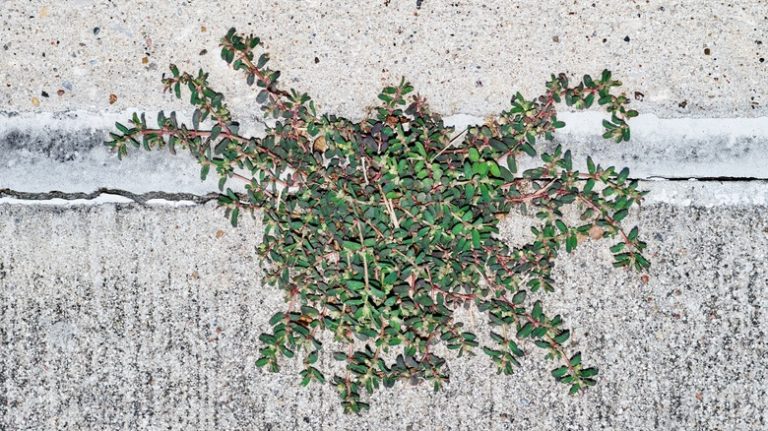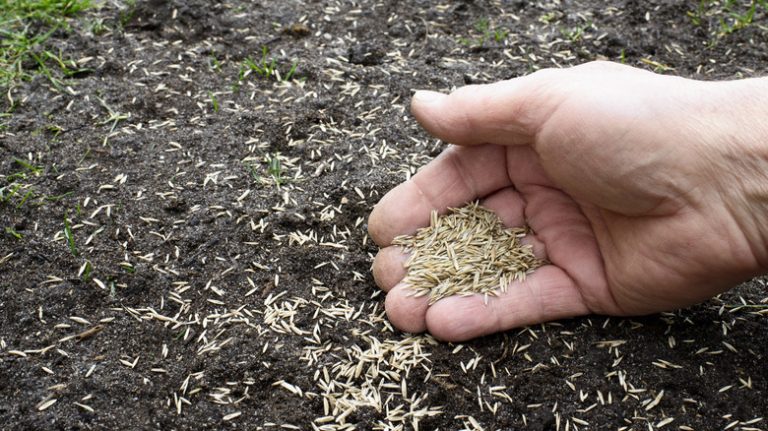Baking soda, or sodium bicarbonate, is an indispensable part of any household — whether it is for baking cakes, where it helps by adding lift, or as a deodorizer and cleaning agent. Cleaning experts know baking soda to be an excellent household cleaner because it interacts with both dirt and grease, making them easier to wipe away. As May Nyman, a chemistry professor at Oregon State University points out, “When you are cleaning using baking soda or vinegar, you are actually doing very complicated manipulations of molecules,” per Live Science.
While baking soda sounds like something we should all be keeping and using in our homes, it can be a danger to delicate household items. Baking soda is classed as an abrasive that can leave its mark on many surfaces. Certain items and some types of furniture might not need more than a gentle swipe with a cleaning cloth — here are some of the things you should never clean with baking soda.
Gold-plated dinnerware
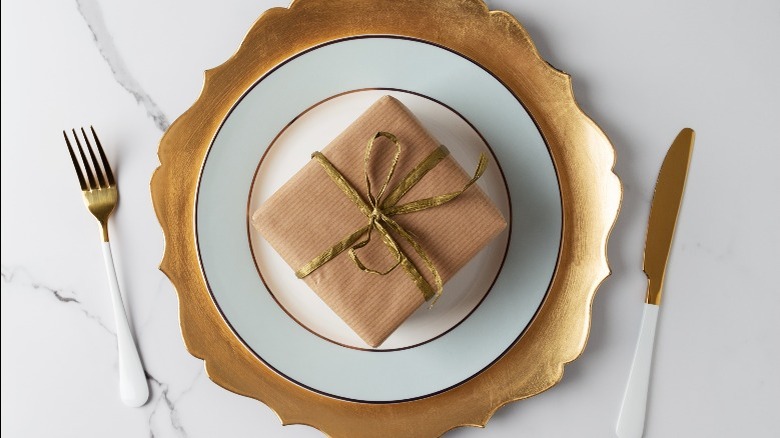
Tom’s Guide says one of the things that may not survive a cleaning session with baking soda is any gold-plated cutlery and crockery. Baking soda can be quite abrasive, and that grittiness could well leave your dinnerware with scratches. Miotto notes that gold- and silver-plated items are happy to take a quick bath in water and neutral soap.
Cutlery and tea sets made with antique silver
The internet may be full of suggestions on how to use baking soda to get rid of the tarnish on silver items, particularly antiques. However, experts like Hemswell Antiques Centers say the combination of baking soda and aluminum foil is much too abrasive and can likely leave you with a damaged item. Instead, the site calls for a quick soak in hot water and a mild detergent, then use a soft cloth to buff and shine.
Ceramic stovetop
Tolikoff Photography/Shutterstock
Glass-ceramic cooking tops are beautiful to look at and efficient to use, but they do need a level of care that baking soda cannot provide. While Today lists baking soda as a go-to cleaning agent for most stovetops, ceramic stovetop maker Euro-Kera recommends a blend of dishwashing liquid and water in a spray bottle, and a soft sponge or a damp cloth to clean up any food debris left behind instead.
Aluminum cookware
FabrikaSimf/Shutterstock
Chore Bliss founder Jack Prenter says there is nothing (technically) wrong with using a baking soda cleaning mixture on your aluminum pots and pans — but he tells Taste of Home that there is a caveat. “Baking soda can cause aluminum to oxidize; extensive contact will cause oxidization which will turn the surface brown.” To clean your aluminum pans, Jes Restaurant Equipment suggests soaking pans with lemon juice, cream of tartar, or vinegar, soaking for 10 minutes then scouring gently with the rough side of a cleaning pad.
Glassware and stemware
5PH/Shutterstock
Your wine glasses may have looked sparkly and new many moons ago, but now they look cloudy. Rather than getting new ones using an abrasive like baking soda, Cleanipedia suggests getting rid of the film by running glasses under warm water, using mild dishwashing soap, then applying a water and vinegar solution in a spray bottle to give the glass a brand new sparkle.
Wood furniture
Followtheflow/Shutterstock
Cleaning expert Lauren Daly tells Express that while baking soda may be a natural cleaner, it is also acidic, which means it doesn’t go well with natural materials like wood. Daly notes that: “Depending on what wood you have, the baking soda can have a chemical reaction with the tannins in the wood. This chemical reaction darkens the wood, causing stains which you can’t get out.”
Carpets
New Africa/Shutterstock
As Air Fresh points out, baking soda is great for getting rid of unpleasant odors, but once baking soda gets into the fibers and backs of your carpet, it may become very difficult to remove. Baking soda’s component particles are so tiny they could get into the carpet’s crevices, go past its backing and settle into the flooring underneath.
Computer keyboards
africa_pink/Shutterstock
From time to time, baking soda may pop up as a recommended cleaning agent for computer keyboards, but Insider explains that all you need is rubbing alcohol, cotton swabs, a clean, lint-free cloth, and a can of compressed air. Computer keyboards have numerous little crevices and cracks, which may not benefit from coming into contact with baking soda.
Computer mouse
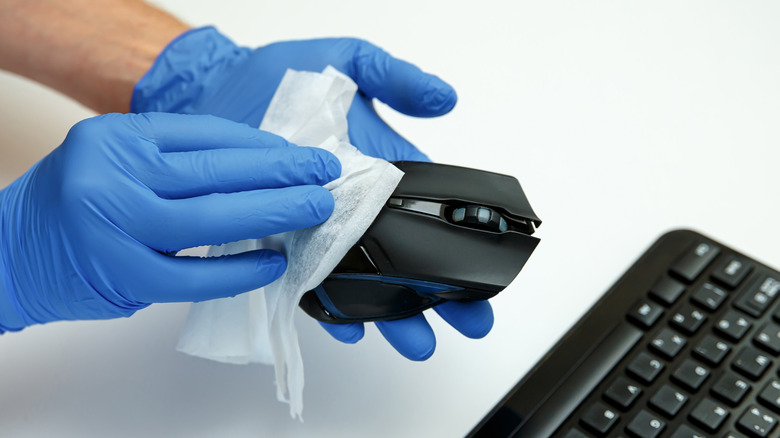
Sauko Andrei/Shutterstock
Microsoft says keeping your mouse clean is key to helping it work efficiently, but it does not recommend baking soda. Instead, the computer expert recommends using an IPA alcohol solution of 70% or less, along with a lint-free piece of cloth. Instead, you might want to save your baking soda for cleaning a soft cloth mousepad, if you have one, per TechEye.
Computer and television screens
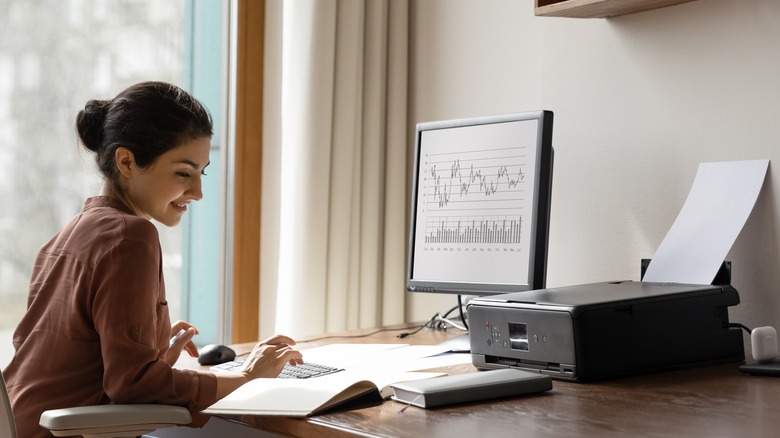
fizkes/Shutterstock
As Popular Science points out, while computer monitors and television screens are not built the same way; they will most likely be either LED or LCD, particularly if these screens and monitors are recent purchases. As such they will come with a delicate coating that will easily scratch or degrade. As such, Popular Science says a piece of microfiber and a few drops of water applied in a circular motion will do the trick.
TV remote controls
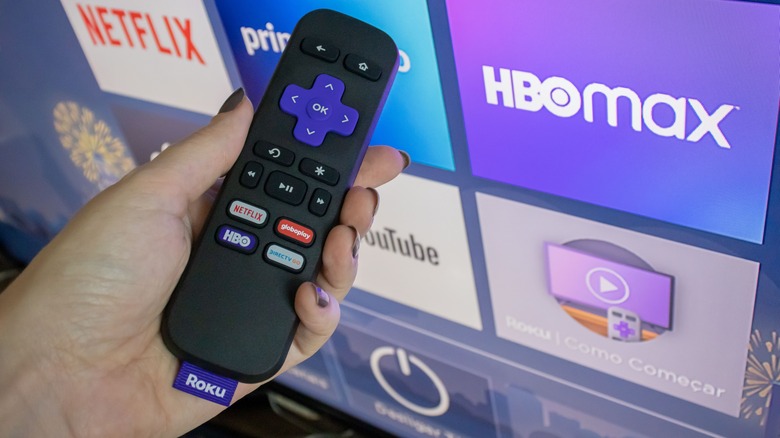
renata colella/Shutterstock
Today says the best way to clean a TV remote is to use rubbing alcohol, a lint-free cloth, an optional toothpick, and cotton swabs. Use the lint-free cloth soaked with alcohol to wipe down the entire surface. To clean out the buttons, use a toothpick to dislodge any grime, and a cotton swab to finish. If lint can cause mischief by landing in small places where it shouldn’t, tiny baking soda particles will do the same.
Mirrors
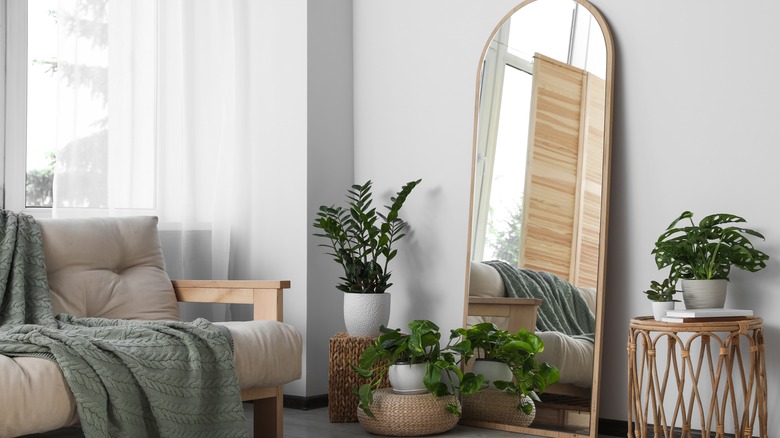
New Africa/Shutterstock
The reason you shouldn’t use baking soda on your glassware is the same reason to keep it away from your mirrors. Mighty Clean Home’s Marcos Franco points out that: “Baking soda is an abrasive cleaner, so there is a chance that it will scratch your glass or mirror,” per Taste of Home. As an alternative, Franco recommends using vinegar.
